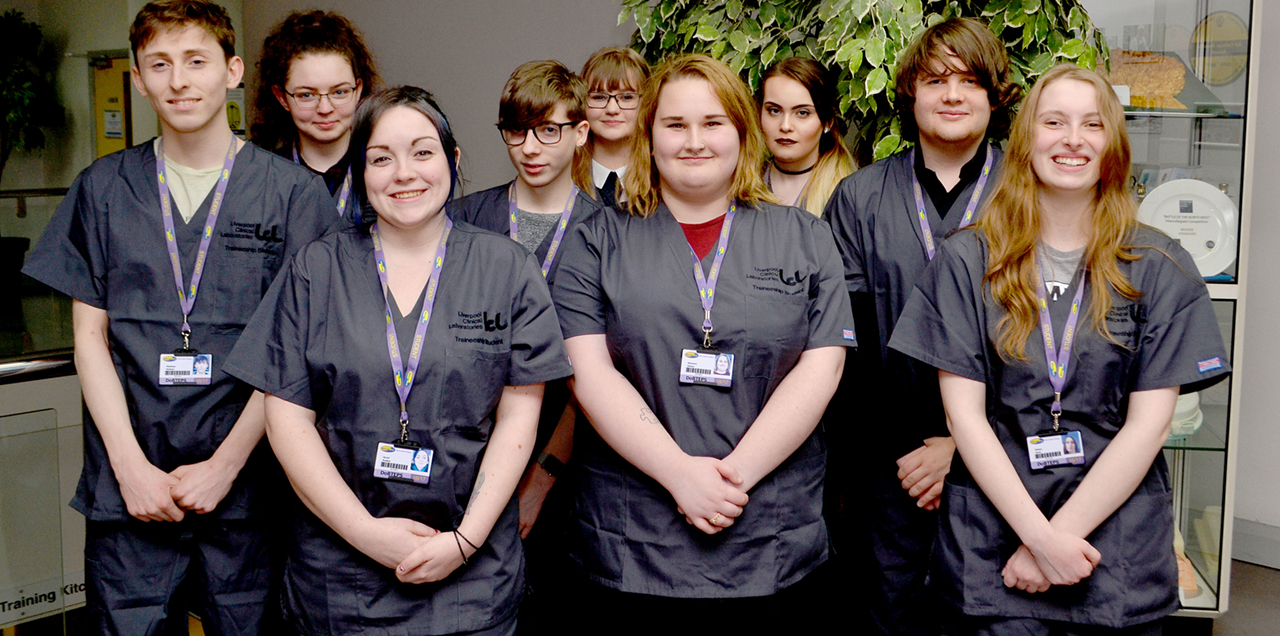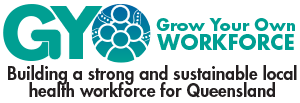Liverpool Clinical
Laboratories
- Outside-in
- Health Sector
- Liverpool, England

The Challenge
Liverpool Clinical Laboratories (LCL) is located in a city in England with high levels of unemployment and disadvantage. LCL was experiencing recruitment and retention difficulties with appointments of Biomedical Science post graduates into Support Worker roles. These staff are keen and enthusiastic, but are generally looking for a pathway into the higher-level Scientist role. This means that they were likely to leave their roles more quickly, representing a poor return on the investment of recruitment and training.
The Solution
- To create a sustainable workforce for the future by creating traineeships within LCL
- To target Liverpool residents, including young people; those from minority communities; inner city schools; and others disadvantaged in the labour market
- To improve retention in support roles by employing local young people, who can grow through the traineeship and apprenticeship routes, and who are more likely to stay with the laboratories because of their community ties
Implementation
LCL developed a traineeship program targeting disengaged and/or disadvantaged local young people, as a way to create a sustainable workforce for the future. The program consists of a 13-week course delivered in-house (five weeks of theory and eight weeks’ work experience).
Organisational strategies
- The program aligns to the drivers for change, meaning that leaders and other staff quickly engage with the aims of the program.
- LCL maximises time efficiency for the process of sourcing and hiring candidates, both for themselves and their partners, by completing the information session, recruitment process and administrative onboarding in one day.
- Successful candidates receive an honorary contract from Human Resources prior to the commencement of the program, which stipulates that they are under the same conditions of service and support as a permanent member of staff, and the expectations required from them.
Partnership strategies
- Liaison between the organisation and college is required to ensure training supports students’ job readiness.
- Collaboration across a wide range of established networks – including Job Centre Plus, Career Connect, Children’s Centre, minority community organisations, housing associations, and youth organisations, aids recruitment and ongoing support of successful candidates.
- Funds are sourced from a range of services enabling promotion and implementation of the program.
Program design strategies
- The program is a 13-week course, combining classroom-based learning and on-the-job training.
- Five weeks of taught sessions are delivered by Wirral Metropolitan College and eight weeks of work experience are delivered within the pathology departments of LCL.
- Students are required to work across departments, providing a greater breadth of experience and a clearer understanding of the healthcare system, and patient and care pathways.
- Students are given the skills and experience to apply for a job as a healthcare science assistant, including clinical and employability skills.
Results
- 30 trainees engaged since 2017, 8 of whom are in substantive or fixed term positions.
- 100% of graduates placed into staff casual pool.
- 3 awards won by the program.
- 20 further trainees in wards, and business and administration placements.
Lessons Learned
- Liaison between the organisation and college is required to ensure training supports students’ job readiness.
- All substantive staff need to be able to communicate with the students at the appropriate level and to be mindful of where problems may need to be addressed.
- Providing emotional and logistical support may be required for some extremely complex and distressing personal issues among the candidate group.
- Aligning the program to the drivers for change issued by the government and the Department of Health have allowed staff to come fully on board.
- The program is about investing in community to achieve future sustainability.
REQUIREMENTS FOR
REPLICATION
Do you…
- have a clinical setting with high entry-level recruitment needs?
- have a recruitment service with links to local unemployed and disadvantaged young people?
- have an education partner able to provide the necessary classroom-based training?
- provide access to transport?
- have funding for recruitment, onboarding and placement?
Can you…
- organisationally commit to provide philanthropic and social support to the local community?
- meet the challenges presented by an extremely disadvantaged youth cohort?
CONSIDERATIONS FOR PROGRAM SCALING
Do you…
- have the financial and personnel resources needed to support the program size?
- have management support and commitment to allocate the required resources?
- have sufficient available candidate numbers?
- have organisational capacity to support high numbers of young people with little to no workplace exposure?
Can you…
- provide work experience placements, supervision and mentoring in a clinical setting?
POTENTIAL RISKS
What if…
- existing workers are not tolerant of young people coming into the workplace?
- there is a lack of appropriate supervision and development for a challenging cohort?
- students are not supported to develop appropriate skills?
